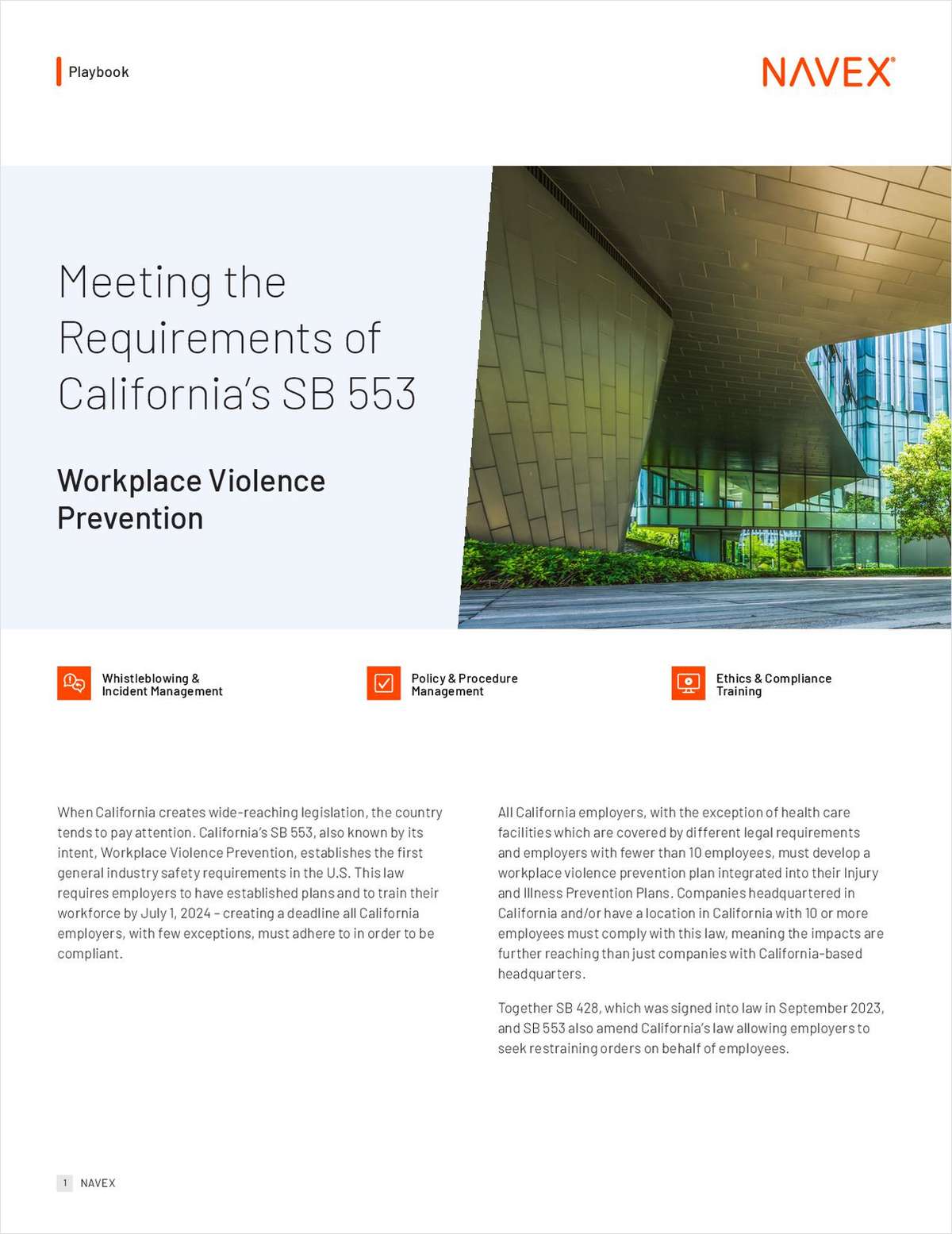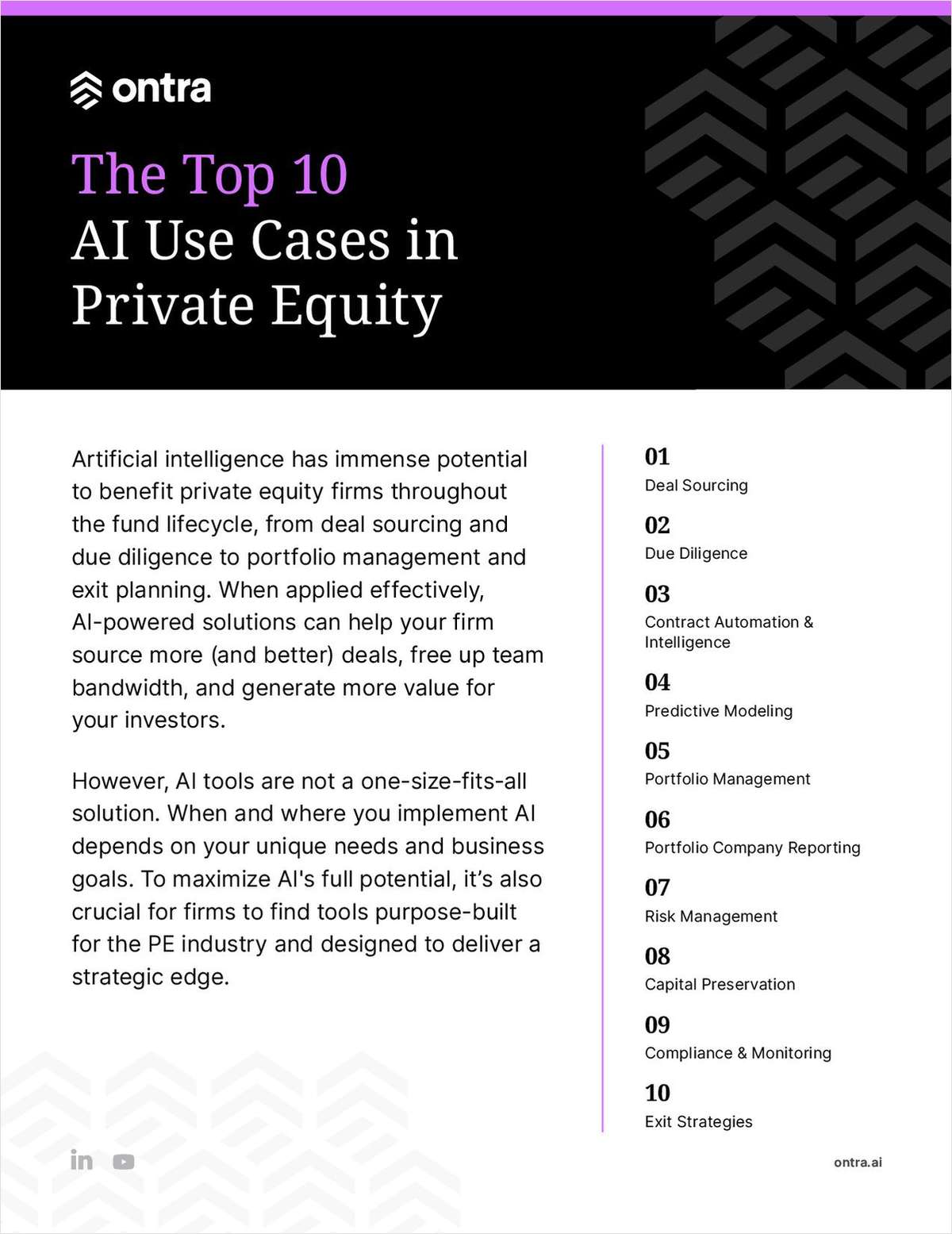New York Law Journal
New York Law Journal
Access vs. Use: The CFAA in the Age of the DTSA
New York Law Journal
Consideration of Post-Trial Events on Custody Appeals
New York Law Journal
New York Law Journal
Putative Class Actions For Rent Overcharges
New York Law Journal
Reasonableness, Proportionality Are Guiding Principles for TAR, Judge Finds
New York Law Journal
Critical DFS Cybersecurity Deadline Approaching: Corporate Officers and Directors on Notice
New York Law Journal
Closing Bell: Three Year-End Decisions From the Surrogate's Courts
New York Law Journal
A Discovery Rule for Cancer Cases
New York Law Journal
'Because': The Most Important Word in Discrimination Claims

Refer a General Counsel
Invite a GC today and if they are approved and successfully join, we'll reward both of you with on month's free membership.
TRENDING STORIES

- Are Law Firms Keeping Pace With Their Clients Business?
- ALM Market Analysis Report Series: Boston's Legal Market is in Growth Mode and Big Law Knows It
- Stay vs Go: The Heightened Competition for Law Firm Office Space in Dallas
- Law.com Compass: Uncovering Lessons from Mid-Market Firm Segment Comparisons
Featured Firms
Law Offices of Gary Martin Hays & Associates, P.C.
(470) 294-1674
Law Offices of Mark E. Salomone
(857) 444-6468
Smith & Hassler
(713) 739-1250
More from ALM
- Morgan & Morgan Class Action Attorneys Detail Pathway to Success Within Cybersecurity and Data Privacy Practice 1 minute read
- Holwell Shuster & Goldberg Partners Leverage 'Hostile' Witnesses to Secure $101 Million Verdict Against Walmart 1 minute read
- Legal Speak at General Counsel Conference Midwest 2024: Mike Andolina, Partner, White & Case 1 minute read
Resources

Strong & Hanni Solves Storage Woes--Learn How You Can, Too
Brought to you by Filevine
Download Now

Meeting the Requirements of California's SB 553: Workplace Violence Prevention
Brought to you by NAVEX Global
Download Now

The Benefits of Outsourcing Beneficial Ownership Information Filing
Brought to you by Wolters Kluwer
Download Now

The Top 10 AI Use Cases in Private Equity
Brought to you by Ontra
Download Now













